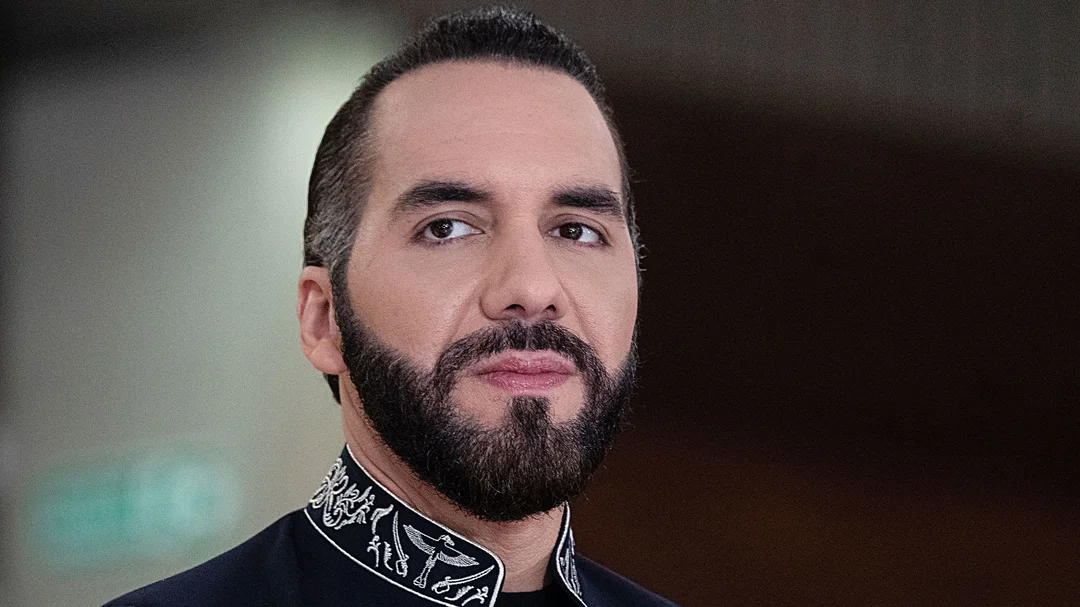
Could a Humanitarian Agreement Reshape Ties Between El Salvador and Venezuela?
El Salvador's President Nayib Bukele has thrown a diplomatic curveball in a world struggling with migration crises and political tensions. On Sunday, he proposed a daring humanitarian agreement that aims to repatriate 252 Venezuelan detainees who were deported from the United States in exchange for an equal number of political prisoners held in Venezuela. This move, however, is stirring a mix of skepticism and outrage.
The crux of Bukele's proposal centers around the troubling narrative of deported Venezuelans, many of whom were initially accused of gang affiliations. Bukele emphasized in a social media post directed at Venezuelan President Nicolás Maduro that these deportees have committed serious crimes, while the political prisoners in Venezuela are incarcerated simply for opposing the Maduro regime.
"Unlike you, who holds political prisoners," Bukele tweeted, "we do not have political prisoners. All the Venezuelans we have in custody were detained as part of an operation against gangs like Tren de Aragua in the United States." This statement has ignited further dialogue about the validity of the arrests and the conditions of the detainees in El Salvador’s infamous Terrorism Confinement Center, where many of the deportees are being held.

President Nayib Bukele during a meeting in San Jose, Costa Rica.
The Venezuelan government did not take long to respond. Attorney General Tarek William Saab demanded that Bukele provide proof of life for all detainees, decrying their imprisonment as a violation of human rights and calling for their immediate release. Saab's remarks echo Maduro's characterization of the deportations as a "kidnapping," further complicating the political landscape.
Amidst accusations and counter-accusations, the narrative gets murkier. While the Trump administration previously accused many of the deportees of being members of the Tren de Aragua criminal gang, human rights advocates and families of the deportees argue that these individuals were innocently swept up in mass deportations, leading to extensive legal and moral dilemmas surrounding their treatment.
Bukele's administration, which is known for its zero-tolerance approach to gang violence, lauds the arrests as necessary for national security. However, with over 900 political prisoners, human rights violations in Venezuela have garnered international scrutiny, raising critical questions about the integrity of Bukele's and Maduro's claims.
As Bukele's proposal demands reciprocal action, it also includes calls for the release of foreign nationals, further complicating the diplomatic equation. The U.S. government's prior agreement to transport these detainees complicates the matter, as it has become entwined with varying layers of geopolitical maneuvering and humanitarian concerns.
Ultimately, the call for such a swap begs the question: Is this merely a strategic move for both Bolsonaro and Maduro to strengthen their positions amid international criticism? With Bukele dubbed the "world's coolest dictator," and Maduro's regime under increasing scrutiny from human rights organizations, this proposal may be as much about optics as it is about genuine humanitarian concern.
As the dialogue continues to unfold, what does this mean for the future relations between these neighboring countries and the individuals caught in the crossfire? It's a case of staying tuned while the world watches for developments in this intricate geopolitical chess game.

Latest
Can you Like
The White House became the focal point of a constitutional standoff and international controversy on Monday, as President Donald Trump met with El Salvador's President Nayib Bukele. The issue at the h...
President Donald Trump has announced a 25% tariff on countries that continue to purchase oil and gas from Venezuela, effective immediately. This move, reported by Reuters on March 24, 2025, marks a si...